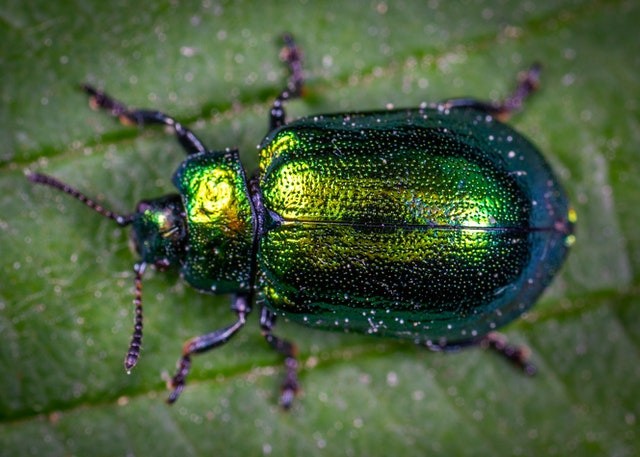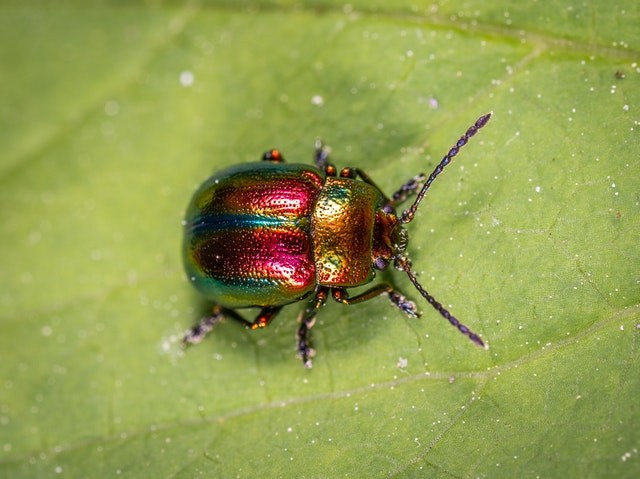Experts at the University of Copenhagen have found a better method of targeting and getting rid of these teeny pests instead of the use of toxic pesticides that destroys biodiversity. About 25 percent of the world's food production is lost yearly because of insects, specifically beetles.

Effects of Pesticide
For about 500 million years, beetles have spread and adjusted successfully to life all over the world and presently account for one of every five animal species in the world. As far back as ancient Egypt, these strong tiny bugs have occupied granaries and annoyed us, humans, by damaging our crops.
As a result, food production and excessive use of pesticides now work together. A big share of these pesticides destroys humans, the environment, biodiversity, and health. As different pesticides are phased out, new solutions are needed to target and eliminate pests without causing any harm to humans or useful insects like bees.
Ecological Methods of Fighting These Harmful Insects
Experts from the University of Copenhagen's Department of Biology are precisely working on this. As part of an exclusive effort to create more "ecological" methods of fighting these harmful insects in the close future, scientists have found the hormone that helps regulate the formation of urine in the beetle's kidneys.
Kenneth Veland Halberg, Associate Professor of the University of Copenhagen's Department of Biology explains: "Being aware of the hormones that help regulate the formation of urine opens up the development of compounds related to beetle hormones that, for instance, can make beetles form a lot of urine that they die of dehydration."
He added that while it may look slightly violent, there's nothing new in scientists attempting to vanquish pests that damages the production of food. He said they are simply attempting to do it in a smarter, and in more targeted way that takes the surrounding environment into higher account than traditional pesticides.

Paralysis in the Nervous System of Insects
The new and former study, headed by Kenneth Veland Halberg, shows that beetles solve the duty of regulating their salt and water balance in a fundamentally diverse way than other insects. This difference in the biology of insects is a crucial detail when seeking to fight certain species while avoiding their neighbors. Insecticides of today brings about paralysis in the nervous system of insects.
Kenneth Veland Halberg explained the problem with this strategy is that the nervous systems of insects are quite similar across species. Making use of these insecticides causes the killing of bees and other useful field insects, and harms other living organisms.
The regularity to the survival of the carefully controlled water balance of beetles is not a secret. In fact, ancient Egyptians already had the knowledge of mixing pebbles in grain stores to combat these pests. Stones removed the waxy outer layer of the' exoskeletons of beetles which helps minimize fluid evaporation.
Related Articles : Citizen scientists discover pinhead-sized beetle in Borneo
For more news, updates about beetles and similar topics don't forget to follow Nature World News!
© 2025 NatureWorldNews.com All rights reserved. Do not reproduce without permission.





